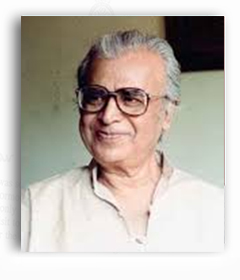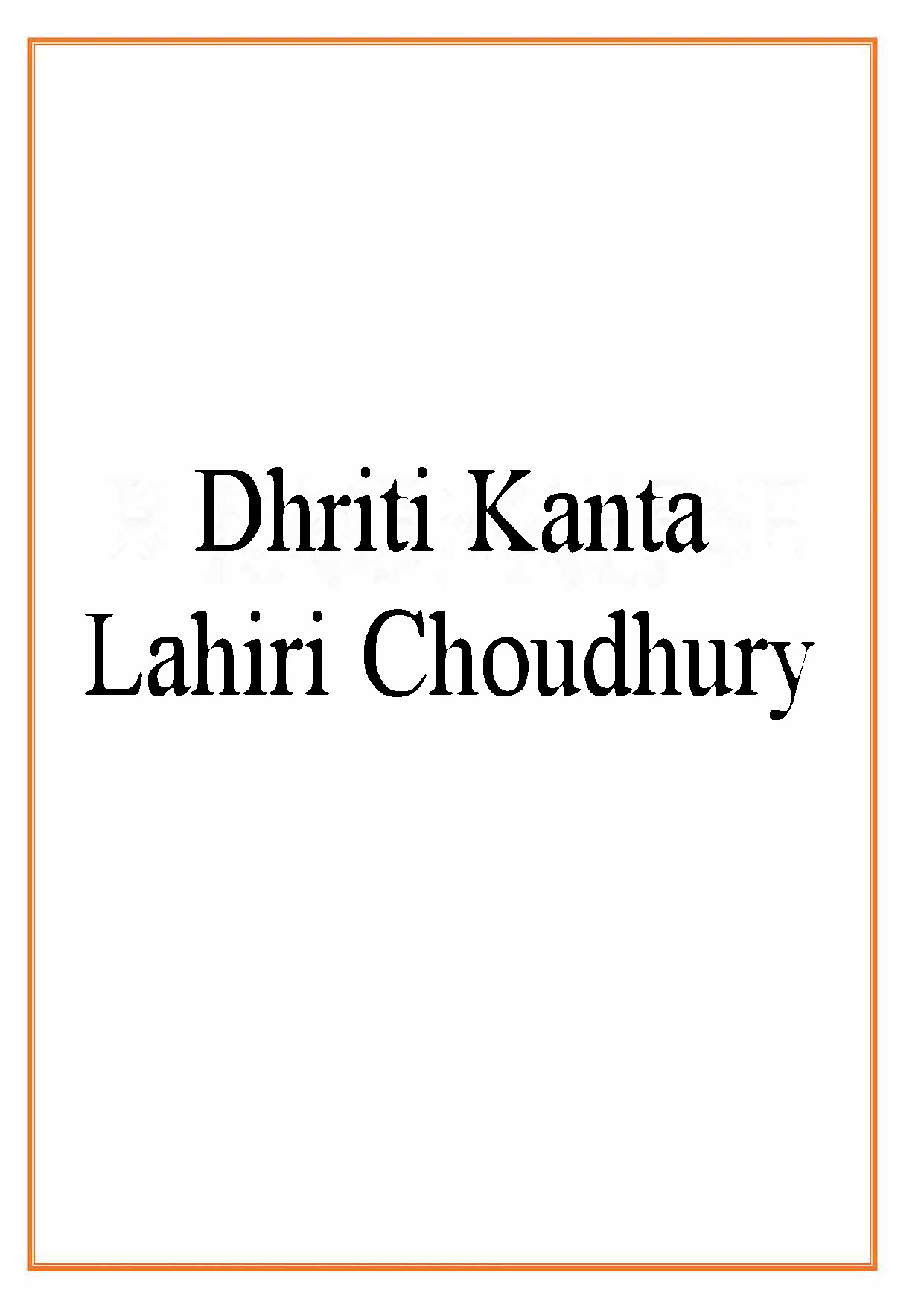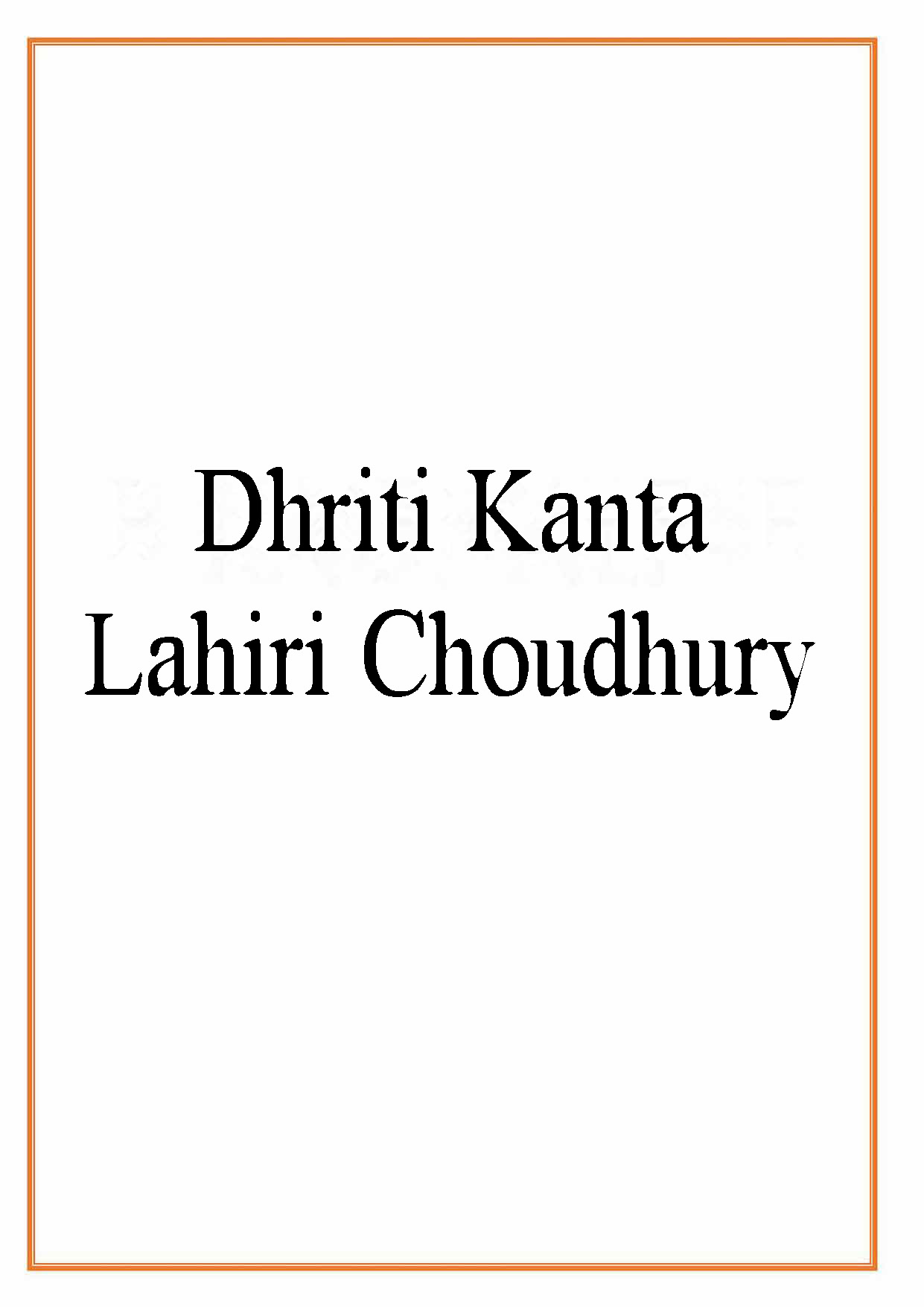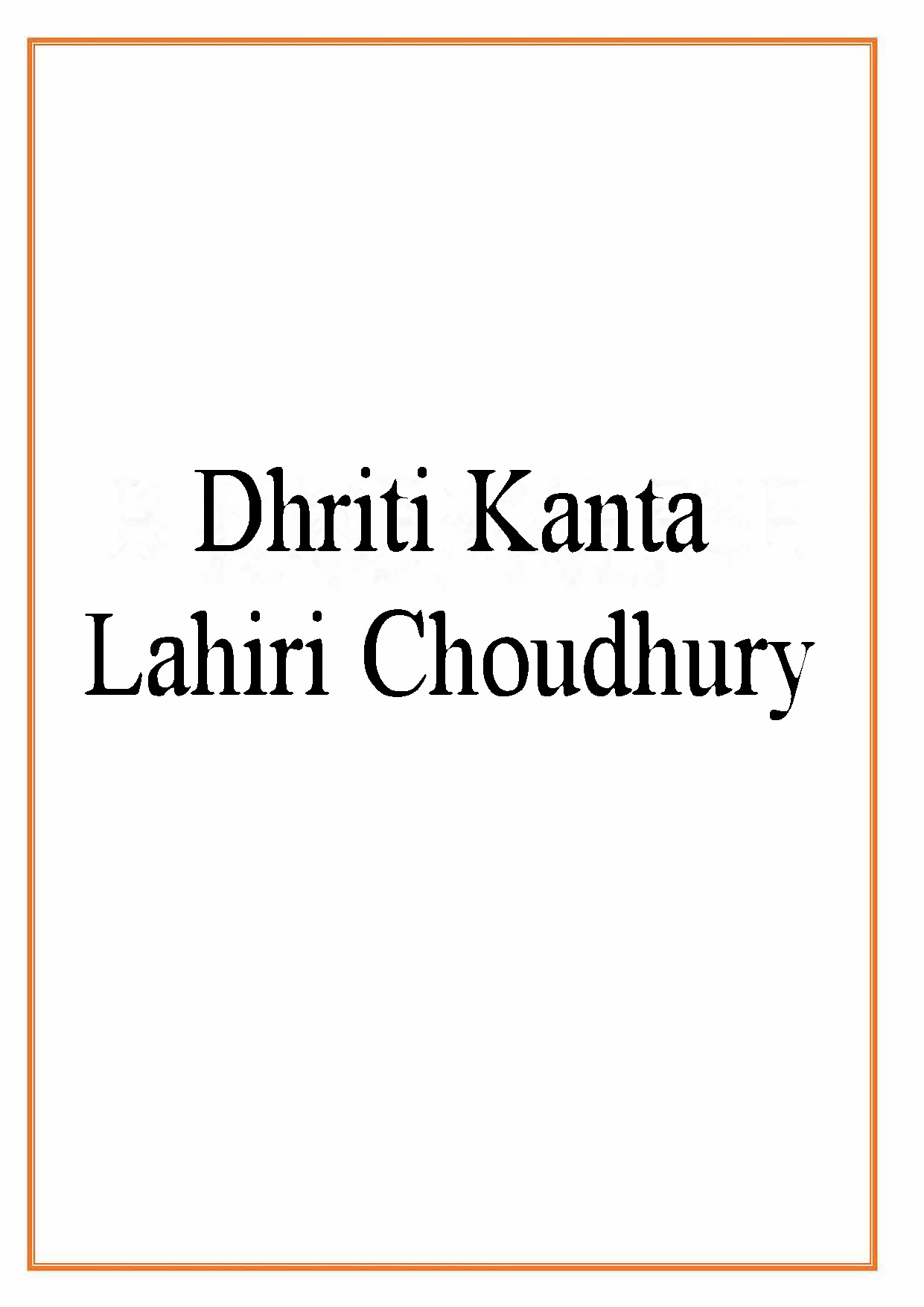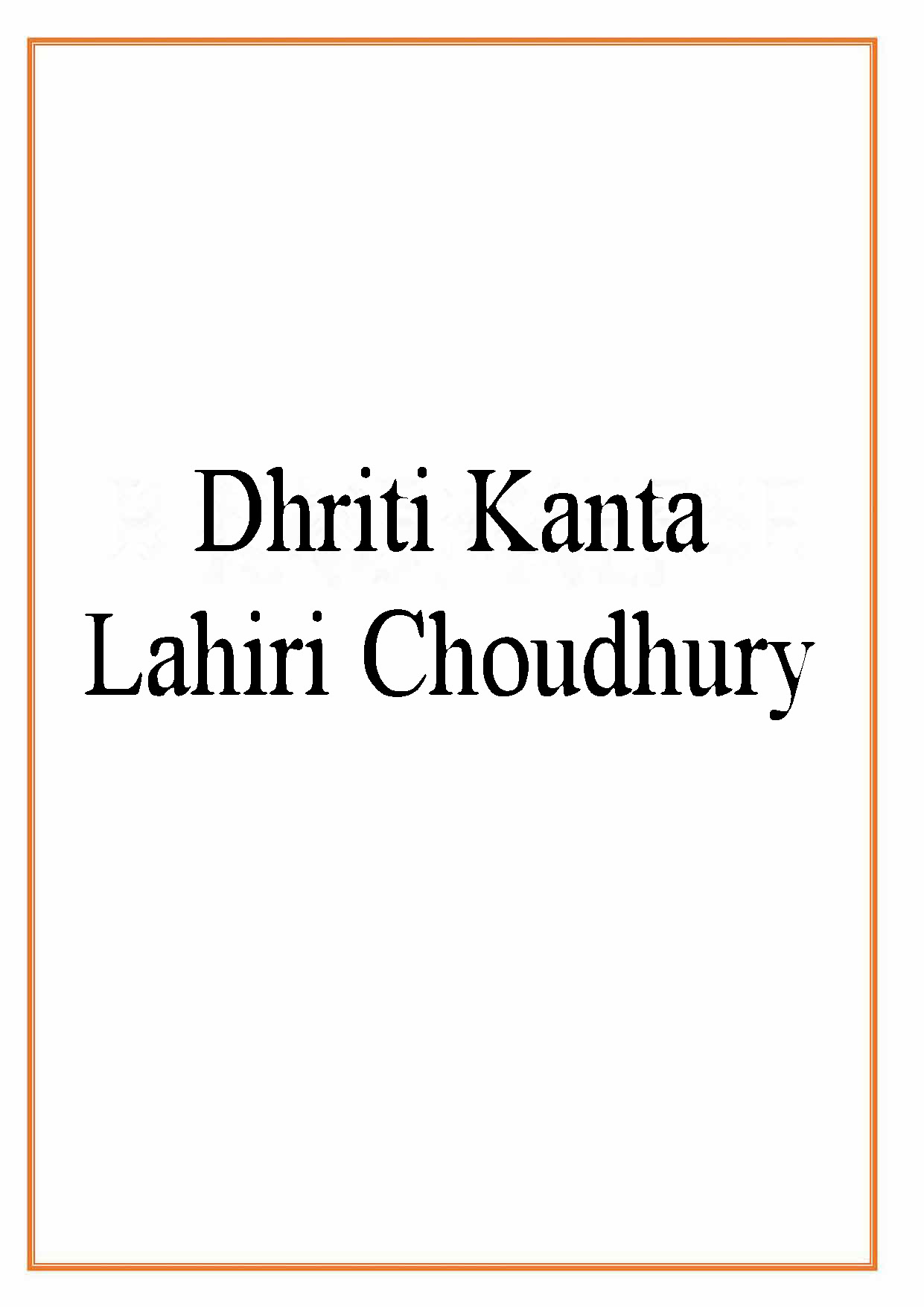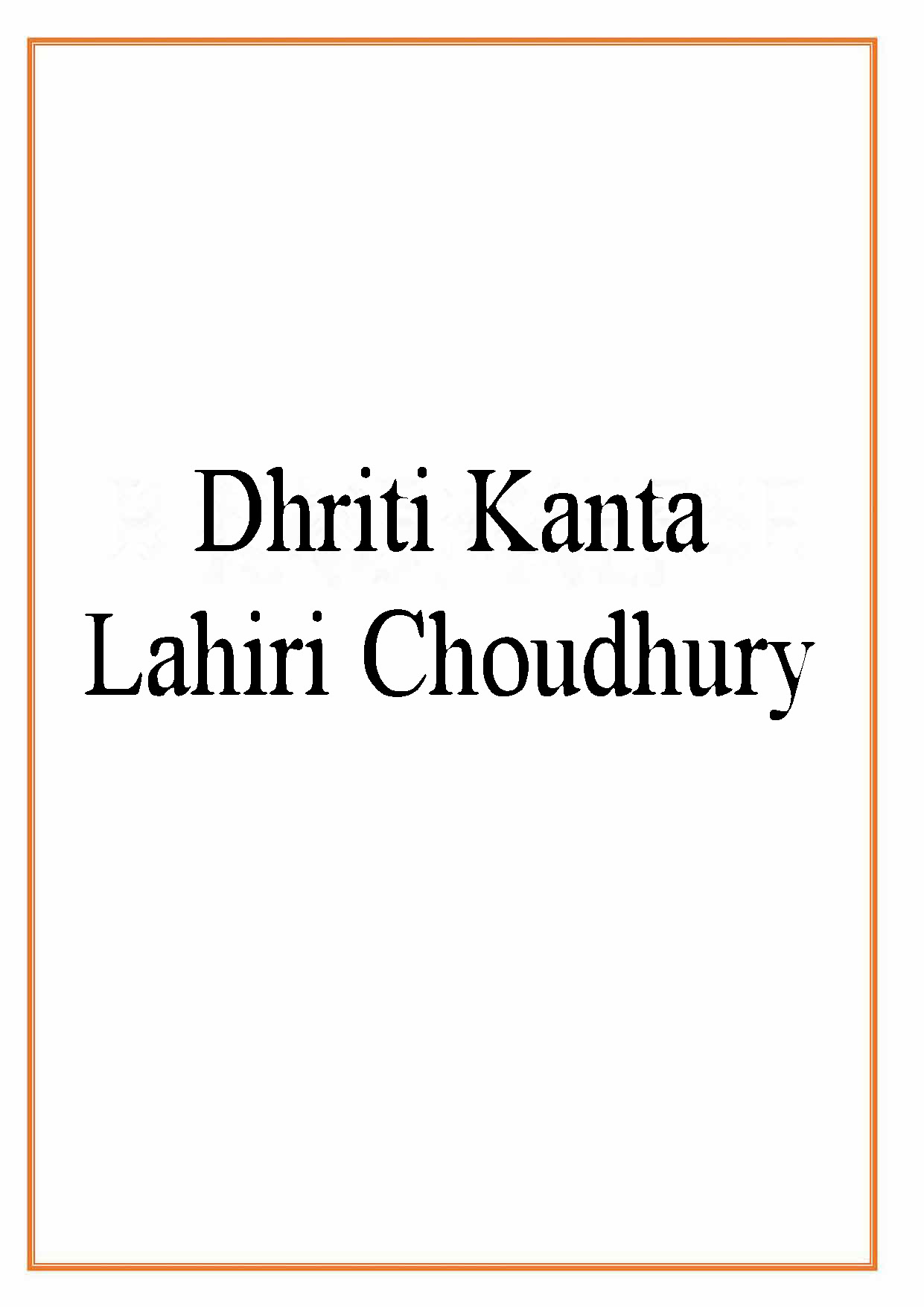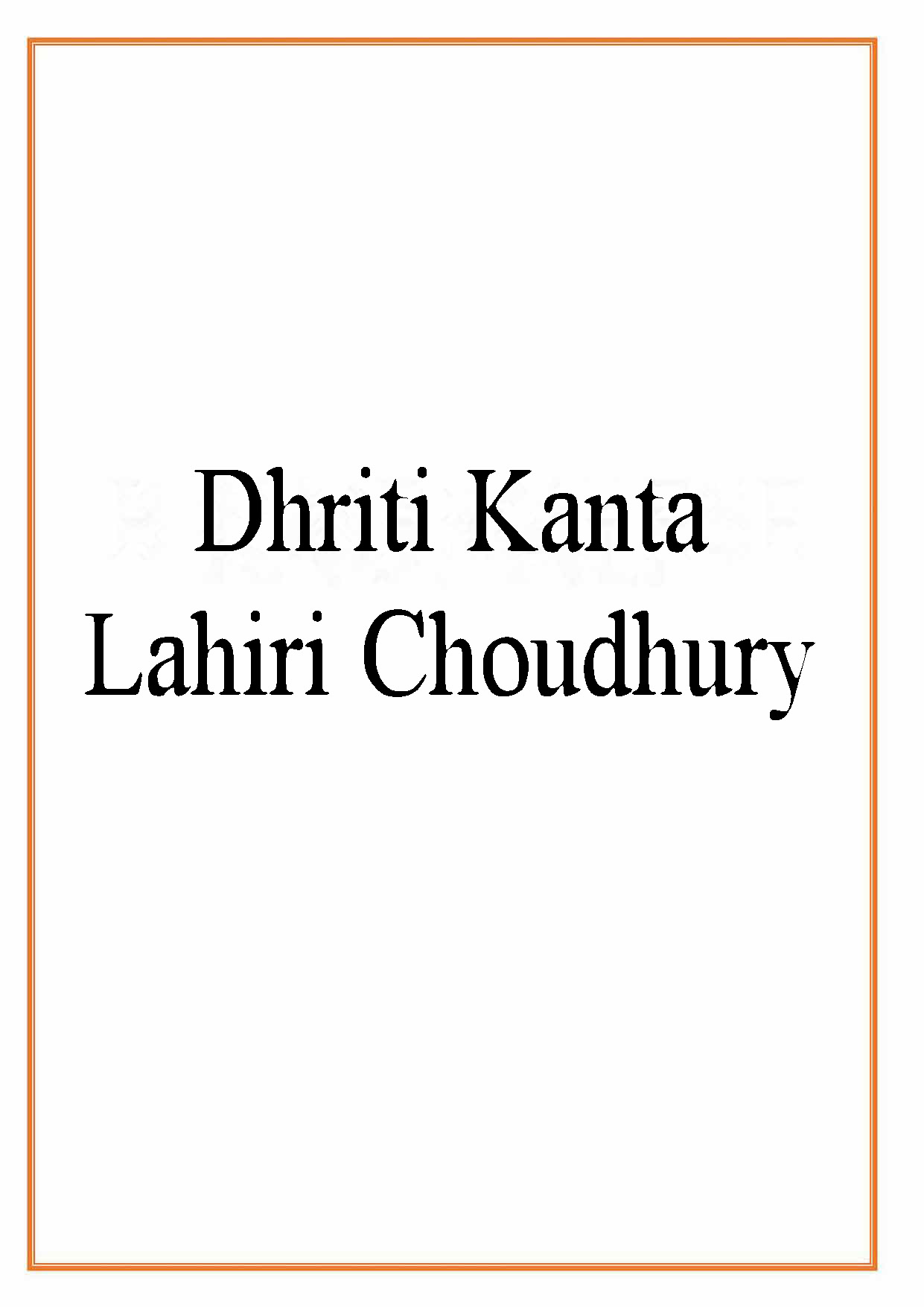Dhriti Kanta Lahiri Choudhury (b.1931-d.2019), famously known as the ‘Elephant Man of India’, was a conservationist, author, professor, and an authority on Asian elephants. Born to a zamindari family in the village of Kalipur in the Mymensingh district (now Bangladesh), his family shifted to Kolkata after partition. His childhood was spent in close company of elephants. His family owned 15 domesticated elephants, all of whom lived in his house’s premises along with their respective mahouts (elephant drivers).
Professor Lahiri Choudhury was a multifaceted personality. He completed his Masters in English literature from Presidency College, Kolkata and went on to obtain a PhD in English literature from the University of Leeds. He then had a fruitful career as a Professor of repute at the Rabindra Bharati University, Kolkata.
He travelled widely exploring the wildernesses across the Duars of north Bengal, Assam’s plains and the evergreen rainforests of Barak Valley, Meghalaya, Arunachal Pradesh, Nagaland and Mizoram, forests of Orissa, Jharkhand, Kumaon and southern India as well as those in other south-east Asian countries. He gathered a wealth of experience on elephants and surveyed the status and distribution of elephants, man-elephant conflicts and analysed the issues afflicting the elephant in India. He was appointed a member of Elephant Expert Committee of the International Union for Conservation of Nature (IUCN) in 1977, and Wildlife Advisory Council of West Bengal State in 1978. He was also a member of the advisory committee of Project Elephant and served as the Director of West Bengal Forest Development Corporation Ltd.
His love for elephants and forest life found a place in his literary works too. Lahiri’s works established the need for saving the forests and elephants, the survival of both intricately interlinked. He wrote numerous articles, scientific papers, research reports on elephants, wildlife and forests, ecology and conservation in English and Bengali that were published across dozens of newspapers, national and international magazines and journals. His books The Great Indian Elephant Book (1999) and A Trunk Full of Tales: Seventy Years with the Indian Elephant (2006) are still the benchmark on natural history on Indian elephants. He has three books in Bengali to his credit viz. Hati o bon jongolerkotha (Stories of elephants and jungles), Haatir Boi (The Book of the Elephant), and Jiboner Indradhonu (The Rainbow of Life). He received the prestigious Ananda Purashkar in 2007 for his Haatir Boi. He also researched and wrote about arts, culture, and the heritage architecture of Kolkata.
About the Collection: An elephant expert, conservationist, scholar, researcher and academician Dhriti Kanta Lahiri Choudhury’s rich collection of papers include his field notes, diaries, draft manuscripts and proofs of his books, his stunning and rare portraits of India’s wildlife especially his beloved elephants along with thousands of photographic slides, research papers, articles, maps, his literary and academic works, heritage study works, and numerous rare articles and papers related to India’s wildlife by other scholars that he meticulously collected over his entire life, and other relevant documents. These archives form an invaluable repository for all scholars and researchers interested in studying the natural history of elephants in India, elephant ecology and problems afflicting the species in India, conservation issues in post-independent India, the built heritage of Kolkata and other conservation issues afflicting India’s wildernesses and wildlife. (Catalogue available)



